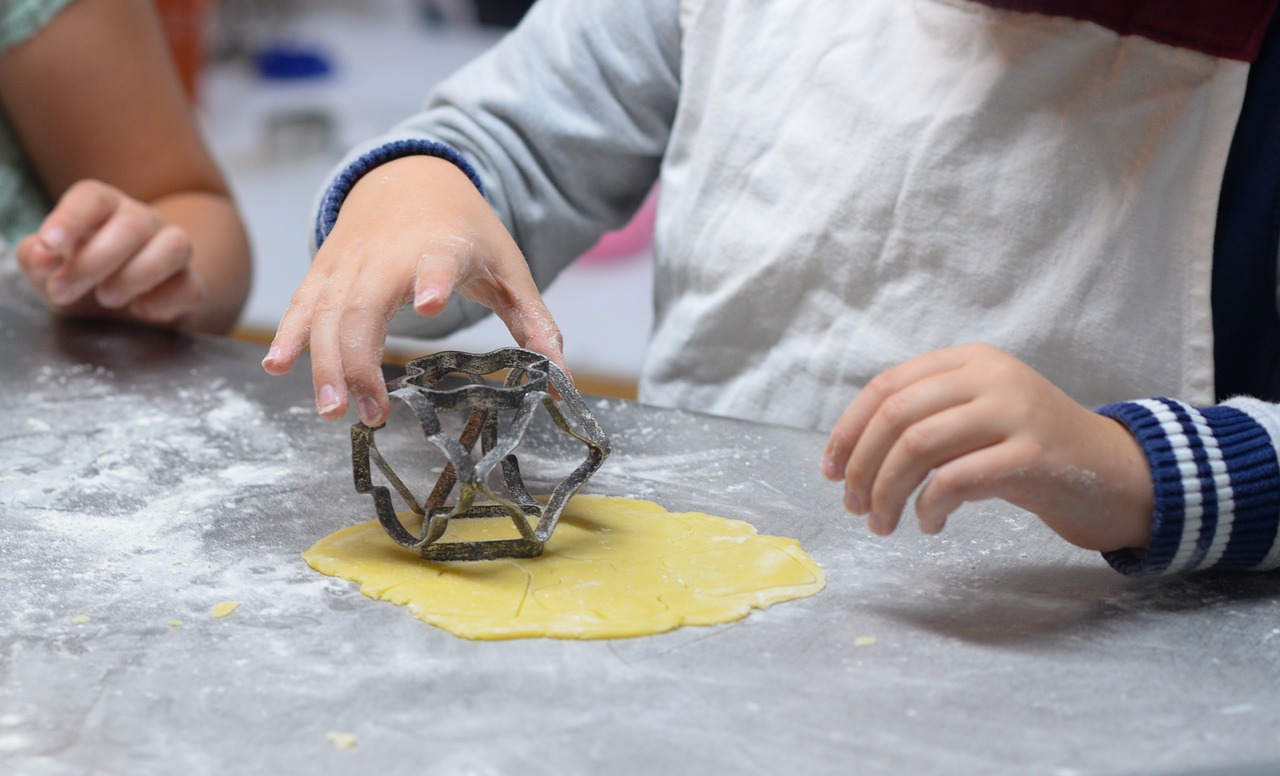In the era of digital distractions, encouraging children to take an active interest in studying can be a formidable challenge. While many children find it tough to develop and maintain a studying habit, there's always a myriad of innovative methods parents can use to get their child interested. In this article, we delve into five clever strategies to motivate your child to study and equip them with the skills to study effectively.
 Image by Daniela Dimitrova from Pixabay
Image by Daniela Dimitrova from Pixabay
1. Make Learning Fun and Interactive
Transform the studying experience from being a mundane task to an enjoyable activity. Use educational games, puzzles, interactive apps, or online learning platforms to make studying fun. Create learning environments that engage their senses - visual, auditory, and kinesthetic. For instance, learning math through baking or art lessons through DIY crafts can boost their enthusiasm for studying. Taking them on educational trips to museums, science centers, or zoos will stimulate their curiosity and eagerness to learn more about the world. By making education enjoyable and interactive, you allow your child to associate studying with pleasure, thereby enhancing their motivation.
 Image by Rudy and Peter Skitterians from Pixabay
Image by Rudy and Peter Skitterians from Pixabay
2. Set Clear Goals and Reward Progress
Children, like adults, respond positively to incentives and recognition. Set clear, achievable goals for your child to strive for, like completing a book within a week or mastering a particular math concept. Once they achieve these goals, reward them with something they value, such as extra playtime or their favorite snack. This helps to reinforce their behavior towards studying. Remember, rewards don't necessarily have to be materialistic; verbal praises and encouraging words can significantly boost their morale and motivation to study.
 Image by Lubov Lisitsa from Pixabay
Image by Lubov Lisitsa from Pixabay
3. Leverage Their Interests
Understanding your child's passions can be a strategic gateway to their academic interests. If your child loves nature, incorporate elements of it into their science lessons. If they enjoy music, teach them mathematical concepts through rhythm and beats. Tailoring your child's studies around their hobbies can make studying more appealing and less of a chore. It personalizes their learning experience and makes them more likely to proactively seek knowledge.
 Image by Carina Chen from Pixabay
Image by Carina Chen from Pixabay
4. Teach Them Effective Study Techniques
Equip your child with effective study techniques such as the Pomodoro Technique, mind mapping, or self-quizzing. Not only do these strategies make study sessions more productive, they also empower your child to take control of their learning process. Understanding and employing these methods can reduce their study-related stress and frustration, improve their memory recall, and increase their academic performance. It's important to guide them initially until they become comfortable and start using these techniques independently.
 Image by svklimkin from Pixabay
Image by svklimkin from Pixabay
5. Create a Conducive Study Environment
A child's study environment significantly impacts their studying interest and effectiveness. Design a quiet, well-lit space that is free from distractions for your child to study. Ensure the study area is well-organized with easy access to all necessary resources like textbooks, stationery, and a computer if needed. Implementing a regular study schedule can also contribute to setting a productive study environment. This not only cultivates discipline but also allows your child to plan their day better, balancing their academic obligations with leisure activities.
 Image by fancycrave1 from Pixabay
Image by fancycrave1 from Pixabay
Encouraging your child to study requires a blend of creativity, understanding, and patience. By making learning fun, rewarding progress, leveraging their interests, teaching effective study techniques, and creating a conducive study environment, you can spark your child's interest in studying and set them up for academic success.







